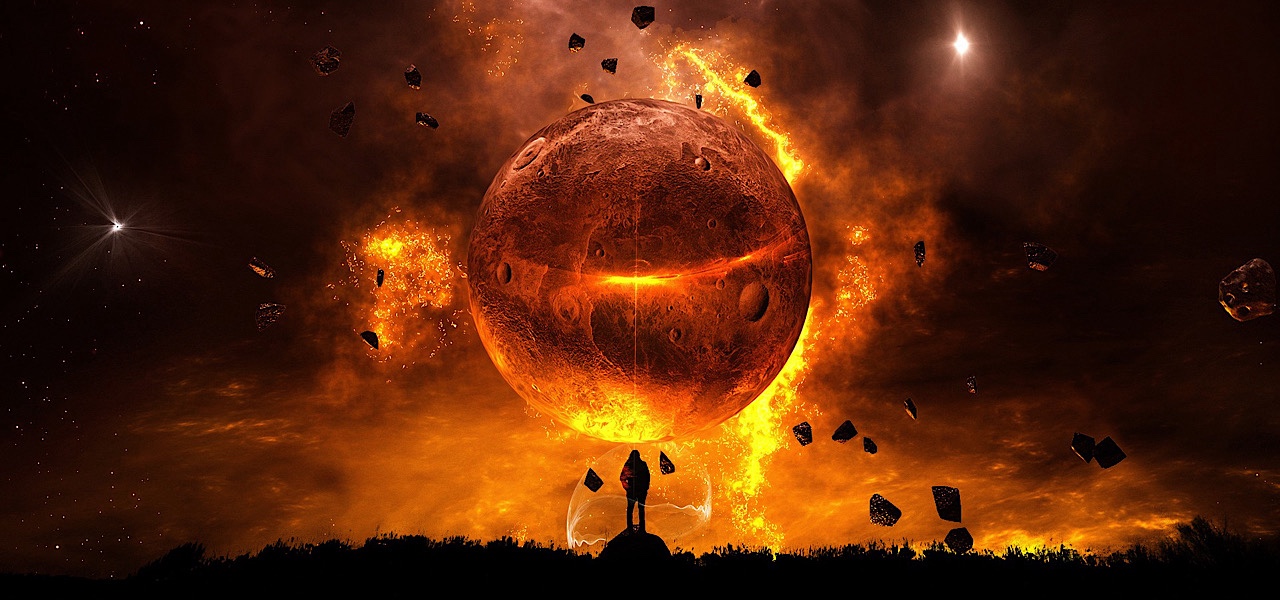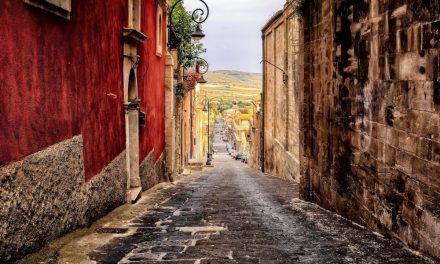Growing up, the elders always fawned on him. He had been born under the right circumstances, and all the signs pointed to a great destiny—he was going to defeat the great beast which oppressed and worked to exterminate his people. He was trained not only in martial combat but also to think and act as a leader, to help his people after their hard-fought freedom was finally earned.
He didn’t need to believe in his destiny—he knew it to a degree no mere belief could approach. He, and everyone around him, were certain: when the time was right, when he was ready, he would become the people’s champion and raise them from their bondage.
Except, that day never seemed to come. His community, those who so believed in him, kept being ground under the wheels of empire and doctrine, losing their sense of and connection to their fragile tradition, the rites and faiths taught mouth-to-ear after the sun set low.
And one day, one terrible day, he realized that he was all alone.
Sure there were people around him, even many of the same people who had helped raise and shape him for his great calling, but they had lost the fire in their eyes, the passion in their hearts. They stopped looking for further signs. After too many losses, too many hardships, they had come to ruefully accept the status quo.
With dawning horror, he realized he had as well.
Now, years past his maturity, he tries to quench the ache he feels for his people—scattered, lost, and forgotten—with lukewarm mead and the fleeting thrill of monster-slaying. There are always villages and hamlets willing to pay someone to exterminate a vicious harpy nest, or cave filled with sharp-fanged ropers, or even a particularly resilient owlbear that discovered man flesh was an easy meal.
In some dark way he preferred not to think about, he was taking the literal prophecy—that he would slay the monster—rather than the symbolic. He wasn’t going to take down any empire or tyrant; that was the promise of a people the world had forgotten, and they themselves with it.
Maybe if he kills enough monsters, maybe if he saves enough villages, maybe if he just drinks enough, he can make up for the life he feels he’s wasted—a life started with every sign, portent, and opportunity, but one which never even approached expectations.
Maybe, he secretly hopes, one day he’ll go up against a foe even he can’t slay and he’ll be rid of his pain, having proven the prophecy wrong once and for all.
The funny thing about fate though, is that mortal races rarely understand it in its beautiful complexity, those wheels-within-wheels of what can and should be. Somewhere out there, his destiny lie in wait for the right moment to come calling.
I could easily see this character background fitting with a barbarian, fighter, or cleric, one whose more social graces and education has long ago fallen by the wayside in favor of purely martial experience.
Header image by Patricio González from Pixabay, a great source for royalty-free stock images















